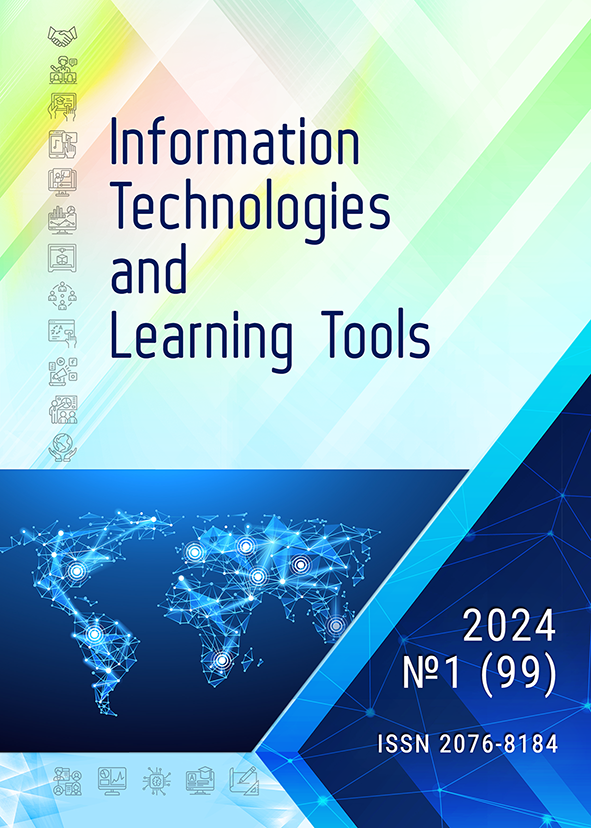Abstract
The COVID-19 pandemic accelerated the transition to online teaching, revealing gaps in educators' essential online skills. In response to this global shift, Filipino educators encountered challenges adapting to the demands of online instruction. This study delves into the profiles of 259 teachers in the Philippines, spanning both basic and higher education, to assess their online teaching competencies during the pandemic. Specifically, this paper examines the respondent's internet usage, social media ownership, and social technographic profiles. Secondly, the paper assesses and measures teachers' competencies in online teaching. Lastly, the study explores significant relationships and differences between the profiles and the competencies. Results show that 47.49% of respondents reported moderate ease in internet connectivity. While all respondents had Facebook accounts, only 11.97% actively used Twitter. A significant portion, constituting 60% of teachers, identified as "social media joiners," indicating active engagement on various platforms. The study reveals a moderate level of proficiency in online teaching skills among surveyed teachers. The result reveals that teachers' sex, civil status, internet satisfaction, and the social technographic profile demonstrated a statistically significant relationship with their online teaching competencies. Sex, civil status, teaching category, and highest educational attainment displayed substantial differences in online teaching competencies. The presence or absence of Facebook (FB) and Twitter accounts, internet satisfaction, and social and technological engagement showed notable differences in online teaching competencies. In conclusion, this research provides insights into the current landscape of online teaching proficiency among Filipino educators, highlighting both strengths and areas for improvement. The novelty of this paper lies in its comprehensive analysis of the correlation between educators' demographic profiles, social-technologic ladder, and online teaching competencies in the Philippine context. The results underscore the significance of sustained efforts in professional development to augment teachers' abilities, ultimately enriching the online learning experience for students.
References
X. Wei, D. Guo, G. Yang, Y. Liu and Q. Zhang , Online Learning and Teaching Resource Management System Based on Virtual Reality Technology, Springer, Singapore, 2019.
F. Martin, D. Polly and A. Ritzhaupt, "Bichronous Online Learning: Blending Asynchronous and Synchronous Online Learning," Educause Review, 8 September 2020. [Online]. Available: https://er.educause.edu/articles/2020/9/bichronous-online-learning-blending-asynchronous-and-synchronous-online-learning.
D. N. Karagiorgas and S. Niemann, "Gamification and Game-Based Learning," Journal of Educational Technology Systems, vol. 45, no. 4, pp. 499-519, 2017.
D. Conrad and J. Openo, Assessment Strategies for Online Learning: engagement and authenticity, 1200, 10011 – 109 Street, Edmonton, AB T5J 3S8: AU Press, 2018.
M. Adolphus, "How to...Use digital tools for research," Emerald Publishing, 2000. [Online]. Available: https://www.emeraldgrouppublishing.com/how-to/research-methods/use-digital-tools-research.
C. Herodotou, M. Sharples, M. Gaved, A. Kukulska-Hulme, B. Rienties, E. Scanlon and D. Whitelock, "Innovative Pedagogies of the Future: An Evidence-Based Selection," Frontiers, vol. 4, October 2019.
H. Baber, "Online learning during the COVID-19 pandemic, lessons learned and what’s next?," Qeios, April 2023.
U. Natarajan, "Blended Learning: Transforming the Traditional Modes of Teaching and Learning," SingTeach, September 2021. [Online]. Available: https://singteach.nie.edu.sg/2021/10/01/issue78-blended-learning-transforming-the-traditional-modes-of-teaching-and-learning/.
S. B. Ng, "Developing a hybrid learning curriculum framework for schools," UNESCO International Bureau of Education, 2021.
B. Allman and R. E. West, "Designing Technology-Enhanced Learning Experiences," in Design for Learning - Principles, Processes, and Praxis, EdTech Books, 2021.
A. Christopoulos, P. Sprangers and S. Wang, "Integration of educational technology during the Covid-19 pandemic: An analysis of teacher and student receptions," Cogent Education, vol. 8, no. 1, 2021.
D. E. Marcial, "Upskilling online teaching: An Open Online Course for Teachers on Literacy to Knowledge Deepening Towards Digitally Resilient Preferred Futures," 2021. [Online]. Available: https://www.davemarcial.net/su-aspire2021-implementation.html.
"How flexible is flexible learning, who is to decide and what are its implications?," Distance Education, vol. 38, no. 3, pp. 269-272, 2017.
J. E. Klobas and S. Renzi, "A Classification of Approaches to Web-Enhanced Learning," in Encyclopedia of Information Science and Technology, 2009, p. 7.
H. Singh, "Differentiating Classroom Instruction to Cater Learners of Different Styles," Paripex - INdian Journal of Research, vol. 3, no. 12, pp. 58-60, 2014.
A. Germain and K. Barbara, "An Inclusive Approach to Online Learning Environments: Models and Resources," Turkish Online Journal of Distance Education, vol. 9, no. 2, April 2008.
University of Washington Tacoma, "Digital Learning," 14 November 2023. [Online]. Available: https://www.tacoma.uw.edu/digital-learning/roadmap-effective-online-teaching.
H. P. Filipe, E. D. Silva, A. A. Stulting and K. C. Golnik, "Continuing Professional Development: Best Practices," Middle East Afr J Ophthalmol, vol. 21, no. 2, p. 134–141, 2021.
"Upgrade teacher's knowledge and skills to deliver quality education for all Filipino children," UNICEF, November 14 2023. [Online]. Available: https://www.unicef.org/philippines/media/6121/file/Teachers.pdf.
"Provide continuous support to teachers, learners, and their families," UNESCO, 14 November 2023. [Online]. Available: https://www.iiep.unesco.org/en/provide-continuous-support-teachers-learners-and-their-families-13375.

This work is licensed under a Creative Commons Attribution-NonCommercial-ShareAlike 4.0 International License.
Copyright (c) 2024 Дейв Марсіал, Оріель Ліза З. Майпа, Сінді Рут Р. Вілларіза, Грейс Л. Апао


